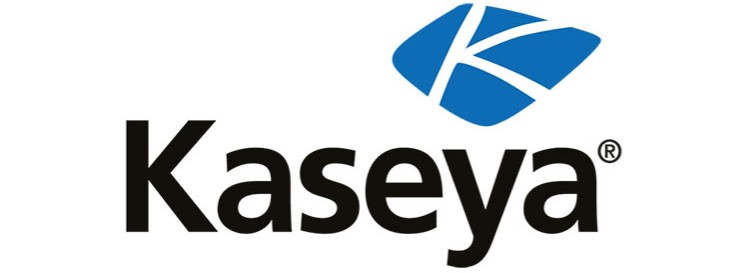Kaseya CEO: “We didn’t sell out”
Kaseya CEO Fred Voccola claims the software firm decided to invest in growth, unlike market rivals


MSP software provider Kaseya says its recent $500 million funding came after it refused to “sell out” like some of its competitors.
Kaseya CEO Fred Voccola told Channel Pro the company was in being courted for acquisition, but it instead decided to inject private funding into growing the business.
“A lot of people were looking at buying us, but we made the decision not to sell out. A lot of our competitors have sold out – ConnectWise sold out, Datto sold out – [but] instead of selling to someone else and exiting the business, we decided to raise half a billion dollars, invest in the business and double down on it,” he said.
Voccola said the company this year “will do around $300 million revenue, upwards of $200 million in profit”.
“We’re growing over 30 per cent a year. That’s a pretty valuable asset,” Voccola added.
With this latest round of funding, the chief exec said Kaseya is backed by “arguably the two best technology investors on planet Earth” in global alternative asset firm TPG, which invests in the likes of Spotify and Uber, and existing investor, Insight Partners.
Further, he said he envisions the company “doing a billion dollars in revenue in the next four, maybe five years”.
ChannelPro Newsletter
Stay up to date with the latest Channel industry news and analysis with our twice-weekly newsletter
“We think the sky’s the limit,” said Voccola, who added that the biggest beneficiary will be Kaseya’s MSP customers. “We’re going to be spending a ton of money, on R&D and acquisitions, and also internal systems, making the billing systems, the customer support systems, all the things that impact the customer.”
The CEO said the decision not to sell was prompted by seeing so much momentum in the market for MSPs serving small to mid-size businesses. The firm cites figures from MarketsandMarkets that forecast the managed services market to grow from $180 billion currently to $282 billion by 2023.
“We’re growing about twice as fast as most of our competitors. ConnectWise got sold a couple of months ago – Arnie’s [Bellini, former ConnectWise co-founder and CEO] left the business, there’s layoffs and stuff – we’re taking a different route, we’re putting money into the business,” said Voccola. “And it shows in our $1.75 billion valuation that we received, which was a pre-money valuation before the $500 million investment.”
Voccola claimed that Kaseya, which has around 40,000 customers worldwide, is now valued at almost double that of Datto and about 50 per cent more than ConnectWise.
“That’s not bragging when we say that; it’s just relevant because it shows that our confidence in staying in the business and not selling out is rewarded in the market,” he said.
He noted while the company is already in discussion with acquisition targets, Kaseya will continue to focus on security and compliance. He also added the firm will invest in workflow automation, machine learning and artificial intelligence:
“Those technologies are ready to come to the SMB space, that we think we’re going to be the leaders that take them there.”
Kaseya’s most recent acquisitions are Unitrends, Spanning Cloud Apps, RapidFire Tools and IT Glue. It also announced earlier this week that it had acquired leading threat intelligence and identity monitoring provider ID Agent.
The company’s flagship products, Dark Web ID and BullPhish ID will be integrated join with Kaseya’s existing suite of infrastructure management security solutions in its IT Complete Security Suite. ID Agent founder and CEO Kevin Lancaster will continue to lead the ID Agent team and will drive Kaseya’s continued security management strategy.
Christine has been a tech journalist for over 20 years, 10 of which she spent exclusively covering the IT Channel. From 2006-2009 she worked as the editor of Channel Business, before moving on to ChannelPro where she was editor and, latterly, senior editor.
Since 2016, she has been a freelance writer, editor, and copywriter and continues to cover the channel in addition to broader IT themes. Additionally, she provides media training explaining what the channel is and why it’s important to businesses.
-
 Why keeping track of AI assistants can be a tricky business
Why keeping track of AI assistants can be a tricky businessColumn Making the most of AI assistants means understanding what they can do – and what the workforce wants from them
By Stephen Pritchard
-
 Nvidia braces for a $5.5 billion hit as tariffs reach the semiconductor industry
Nvidia braces for a $5.5 billion hit as tariffs reach the semiconductor industryNews The chipmaker says its H20 chips need a special license as its share price plummets
By Bobby Hellard